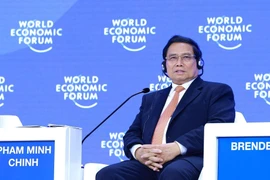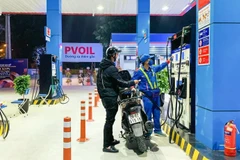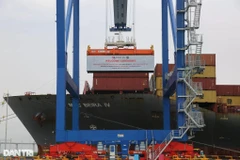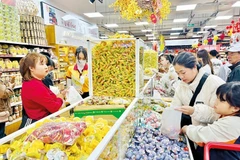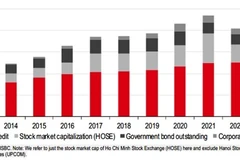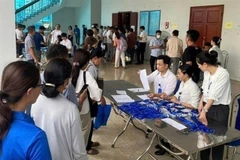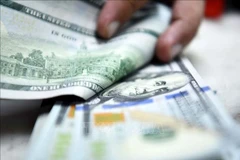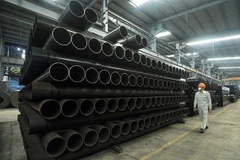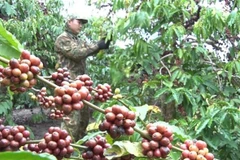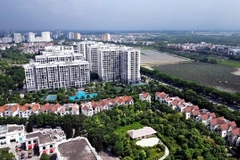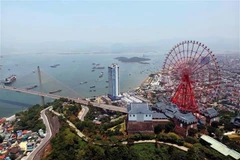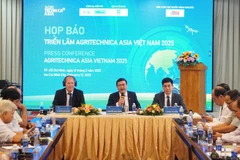Hanoi (VNA) – The ASEAN Trade in Goods Agreement (ATIGA), once upgraded, will provide favourable opportunities for Vietnamese agricultural exporters to explore and expand their markets within the bloc, especially in the Halal market, according to the Vietnam National Sanitary and Phytosanitary Information and Enquiry Point (Vietnam SPS Office).
The 11th session to upgrade the chapter on Sanitary and Phytosanitary Measures (SPS) of the ATIGA was the final meeting of the negotiating group on SPS measures, recently held at the ASEAN Secretariat in Indonesia.
Ngo Xuan Nam, Vietnam SPS Office Deputy Director, stated that the upgraded SPS chapter promises smoother, more transparent exports of agricultural products within the bloc and helps minimise unnecessary risks.
Over the past two years, 11 direct and online negotiation sessions have been held. In each session, participants made great efforts to present the viewpoints and opinions of their respective countries, and worked together in a constructive spirit to upgrade the agreement and facilitate trade exchanges among ASEAN member countries.
On the Vietnamese side, the Vietnam SPS Office, as head of the negotiating committee, actively engaged in discussions, expressed viewpoints, and promptly gathered feedback from relevant units within the SPS network when necessary, Nam said, adding that the country strongly supports the upgrade of the SPS chapter of the ATIGA to facilitate trade within the ASEAN bloc.
Concluding the negotiations, the SPS chapter consists of 18 articles covering issues such as risk analysis, inspections, adapting to regional conditions (including pest-free and low pest areas), certification, and import checks. Among these, there are significant upgrades aimed at facilitating the export and import of agricultural products, such as the application of digital technology in quarantine and the ASEAN countries' commitment to adopting electronic certification to facilitate trade exchanges.
For Vietnam, the SPS chapter has been upgraded to a level equivalent to, or nearly equivalent to, agreements that Vietnam has signed, such as the Comprehensive and Progressive Agreement for Trans-Pacific Partnership (CPTPP) and the Regional Comprehensive Economic Partnership (RCEP).
With the negotiations to upgrade the ATIGA nearing completion, the SPS chapter has been finalised and is currently being edited for submission to the ATIGA upgrade negotiating committee for approval. The upgraded agreement is expected to be signed in September 2025.
ATIGA, signed on February 26, 2009, and effective from May 17, 2010, is one of the fundamental agreements of the ASEAN Economic Community (AEC). It is the first comprehensive deal within ASEAN covering all intra-ASEAN trade in goods, built on the basis of commitments to reducing and eliminating tariffs that were agreed upon under the Common Effective Preferential Tariff (CEPT)/ASEAN Free Trade Area (AFTA), along with relevant agreements and protocols.
Vietnam became a ASEAN member in 1995 and began following the CEPT/AFTA in 1996, and later the ATIGA. Under this agreement, ASEAN countries grant each other preferential treatment equivalent to or more favourable than the benefits given to partner countries in the Free Trade Agreements (FTAs) ASEAN has signed. Beyond tariff commitments, the ATIGA also covers a wide range of areas, including the elimination of non-tariff barriers, rules of origin, trade facilitation, customs, standards and conformity, and sanitary and phytosanitary measures./.



